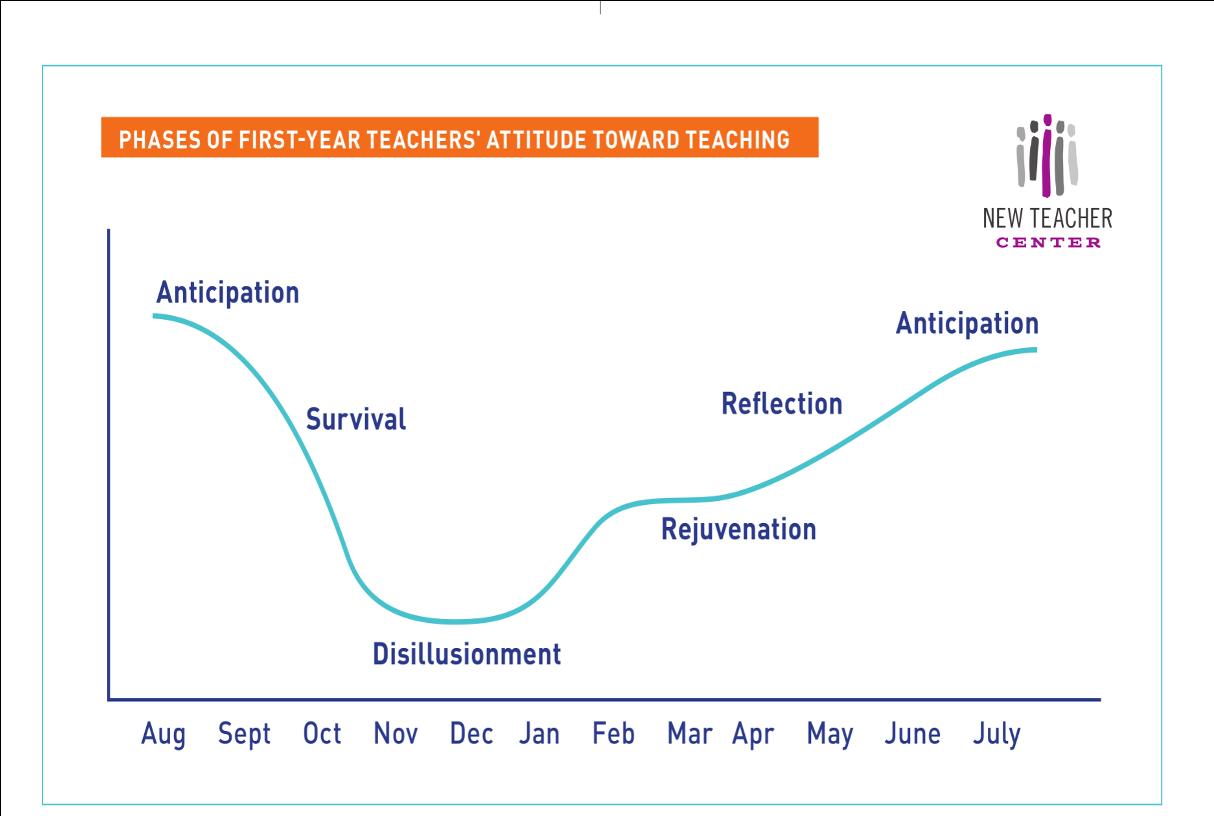
5 minute read
Executive Viewpoint
SUPPORT YOUR NEW TEACHERS AND STAFF
Dr. Mike Hernandez, AAEA Executive Director
Last week, I had the opportunity to co-present with Dr. Karen Lasker of the Conway School District at the ArkASPA conference. The presentation was called The New Teacher Experience and was course five in our Human Capital Leader Certification program. We do this program because we believe that great teachers and leaders play a critical role in preparing students for success in the future. Every student should have equitable access to educators who can help them develop skills to respond to challenges in college, careers, and life. The new teacher experience is everything a new teacher experiences, encounters, and feels over their first year that impacts their effectiveness and commitment. You often hear that retention is the new recruitment. Research shows that new teacher attrition is about 30% over five years in the original school. Therefore, it is important to ensure that you have a solid induction program that goes beyond simple orientation and includes continual communication and support for our new staff members.
The first few years in any profession can be challenging, but for new teachers, these years are particularly critical. They enter the classroom full of passion, idealism, and dedication but often face a steep learning curve filled with daily challenges. The challenges usually stem from inadequate preparation, lack of support, working conditions, compensation, other career opportunities, and other personal reasons. To ensure their success, schools, colleagues, and the wider educational community must offer effective support. By investing in the growth and development of new teachers, we can foster an academic environment that benefits not just the teachers themselves, but also their students and the school community as a whole.

New teachers, regardless of how well-prepared they are, frequently encounter unexpected obstacles. These may include classroom management issues, diverse student needs, administrative tasks, and meeting curriculum goals. Additionally, many new teachers find that balancing personal and professional life, particularly in the first years, can be difficult as they navigate long working hours and the pressure to meet performance expectations. In Arkansas, we have many teachers who come to schools as unlicensed staff members. These teachers require differentiated support that ensures that they are prepared and have the tools to educate students effectively. This can often lead to a sense of isolation that can be overwhelming to new teachers. They may feel like they are left to figure things out on their own, especially in schools that lack quality mentorship or collaborative work cultures. Without a proper support system, these factors can contribute to burnout or even push them to leave the profession prematurely. What is the purpose of new teacher support? The purpose is very simple. It is to support new teachers in your district and ensure there is a process in place to orient new educators to the district’s systems, structures, practices, and beliefs. Also, to accelerate new teachers’ skills and make position assignments that support their growth and success. Studies have shown that early career support significantly impacts teacher retention. When new teachers receive the guidance, feedback, and resources they need, they are more likely to stay in the profession and become better educators. Retaining teachers also reduces the financial and administrative burden of continuously recruiting and training new staff.
There are some leading components of high-quality induction and support programs.
• Use only highly effective teachers as mentors, coaches, and role models.
• Set clear expectations for the following:
◦ For mentor/coaches: Frequency of observations, what will be observed, and how feedback will be tracked; quarterly training; regular check-ins with new teachers about the quality of support
◦ For principals: Provide expectations regarding formal and informal observations and feedback; and schedule additional training and support to do this effectively
• Limit generic district induction activities and encourage high-value school-specific induction activities. Focus only on high-priority topics that will impact student success, not logistical or managerial items that can be shared online or as needed.
• Be sure that the perspectives, skills, and voices of new teachers are heard by more experienced teachers. Encourage new teachers to share at team and faculty meetings. Take advantage of their vitality and curiosity.
• Celebrate the teacher’s hard work and progress. Tell them often that you want them to succeed and to stay.
• Pay attention to the emotional and social needs of new teachers. Typically, new teachers feel anxious, frustrated, isolated, or even over-confident.
The success of new teachers is intrinsically linked to the quality of the support they receive. You can find a great checklist for supporting new teachers here. A robust support system that includes mentorship, professional development, emotional well-being, and access to resources ensures that new educators feel valued and equipped to succeed in the classroom. Ultimately, when schools invest in their teachers, they invest in the future of education—ensuring that both teachers and students thrive. We must continue to double down on retention efforts as well as recruitment of new teachers. I hope you have a great October and keep the ghouls away. Don’t eat too much candy. We are here to help you!









